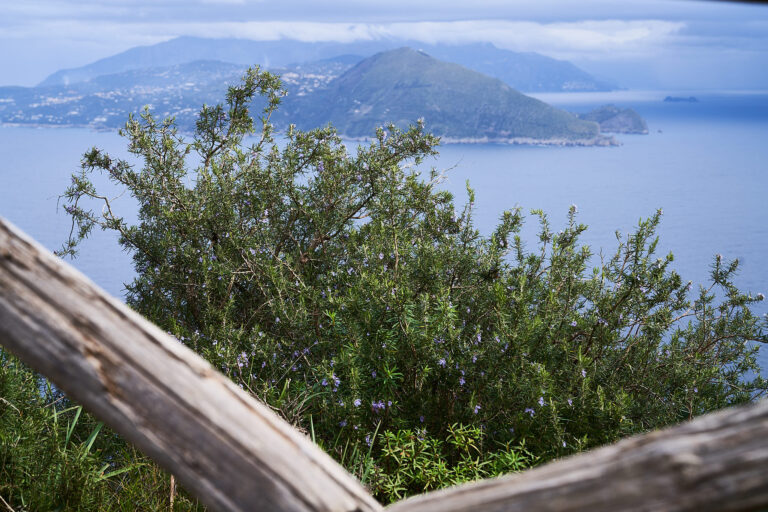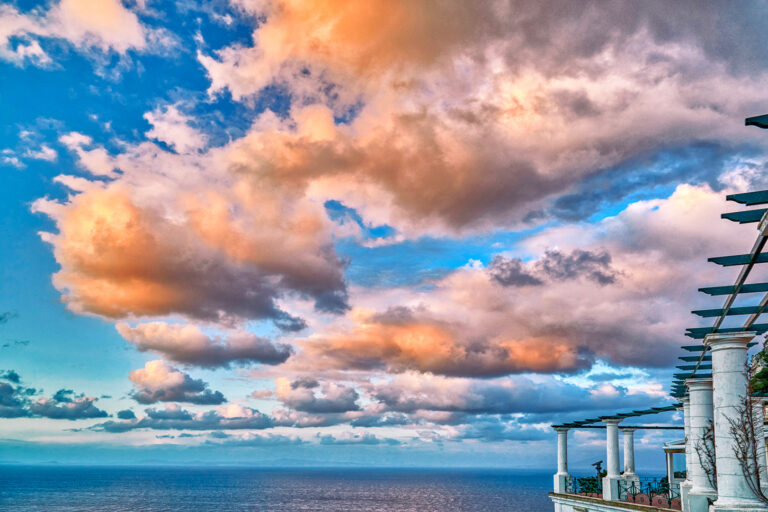Bringing Capri into the world: the story of Paolino and his “Lemon Tree”
In the historic restaurant there is still an air of family and tradition.
There are many elements of attractiveness of our country towards abroad: from the splendid cultural heritage to the scenic beauty, passing, undoubtedly, through the delicious traditional dishes that can be found on the tables of every region. Often, these elements become true icons of Italy beyond national borders.
It was the same for the Ristorante da Paolino, which with its characteristic “Paolino’s Lemon Tree”, the lemon tree that has become a symbol of Capri for tourists, managed to represent the island, its hospitality, its splendid sea and its cuisine, all over the world. Today it is Lino, Michela and Arianna, respectively the son and granddaughters of the founder, who carry on not a simple restaurant business, but a real point of reference for tourists and inhabitants of Capri.
It is precisely this last generation that we have decided to listen to in this interview.
The Da Paolino restaurant is now an institution for Capri; would you like to retrace its history with us, from its origins?
“The restaurant was born very spontaneously. Our grandfather, in addition to being a farmer and fisherman, managed bowling green, with an adjoining garden, together with our father.
The people of Capri used to come here and stop for a sandwich or a glass of wine, and our grandmother cooked something for them. It was already at that time that the first tourists of the island began to attend the business, including famous writers and painters, such as Graham Greene, who often came here and who liked to entertain and have a chat with his grandfather. So, little by little, word spread and more and more people were attracted by the hospitality and good food of their grandparents.
The full-fledged restaurant was born in 1976; started out as a simple trattoria, very small, with only about ten tables, gradually the business managed to grow. The work increased more and more and so my father’s brother made the decision to move from Ischia, where he worked with his sister at the restaurant “dal pescatore”, here in Capri to give us a hand. While our father remained to work at sea, he continued the business with his parents; over time, we have grown and have joined him”.
Over time the restaurant has grown, and from a simple trattoria it has become a point of reference also frequented by international stars. When and how did this evolution take place? And what remained of the “Paolino lemon grove” under which everyone wanted to go and eat?
“We can say that, in reality, everything has remained the same. What characterizes our work is the same welcoming spirit and the family atmosphere that we breathe. And, of course, there are lemons: previously we also had grapes in our garden, from which we made a very good homemade wine; then we realized that cultivating the vine takes time, it needs to be followed, and so we preferred to plant more lemons. It is precisely our lemon grove that has become a sign of recognition abroad: just think that, at the beginning, American tourists believed that “lemon tree” was the English translation of “Paolino”! To strengthen our identity, we have also registered these two brands, both “da Paolino” and “Lemon Trees”.
Who is behind the scenes of the restaurant’s work today? And how important is the preparation and professionalism of the staff who work there?
“Behind the scenes there is always our family: we are here all day, from when we open until closing. We always try to keep the same staff: our employees in the dining room and kitchen are from Capri and most of them have been working with us for a very long time, more than twenty years of collaboration.
We ask that new hires also adhere to our philosophy, which is to work as a family, all together, for the common good”.
What are the advantages of those who choose your splendid location to celebrate their events?
“We have done many events in the past; ours is certainly a very sought-after location, but we are also available to participate in events outside of it, and our cuisine has always been taken as a reference point for catering.
We like to experiment with new collaborations and we are open to any type of event, as long as it is obviously consistent with our mission and our ideals”.
How was the restaurant management experience in the hardest moments of the epidemic we faced?
“Like everyone, we had to adapt, otherwise it would have been impossible to go on with our work. In particular, last year we decided to tackle the emergency by adapting our menus, making them increasingly attractive to a clientele that is more Italian than foreign. In short, we have not pulled back, and we will still face all the possible challenges that will arise before us with our heads held high”.









